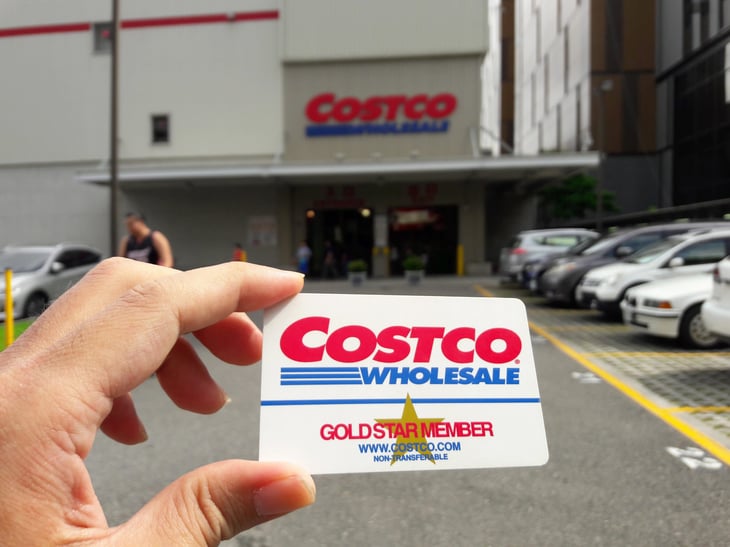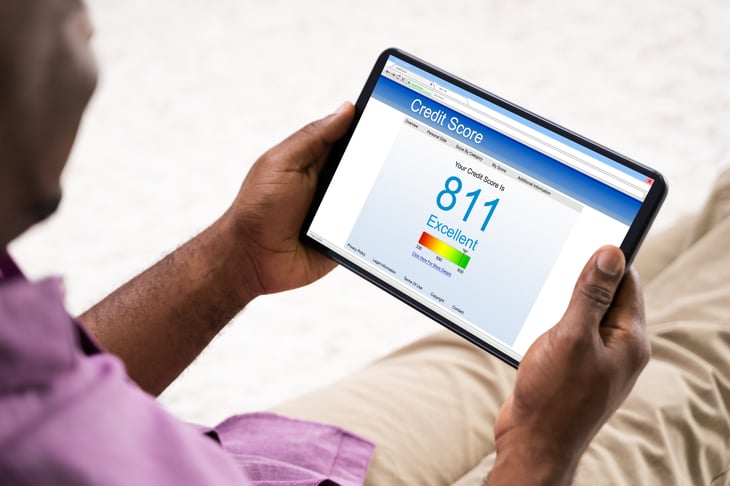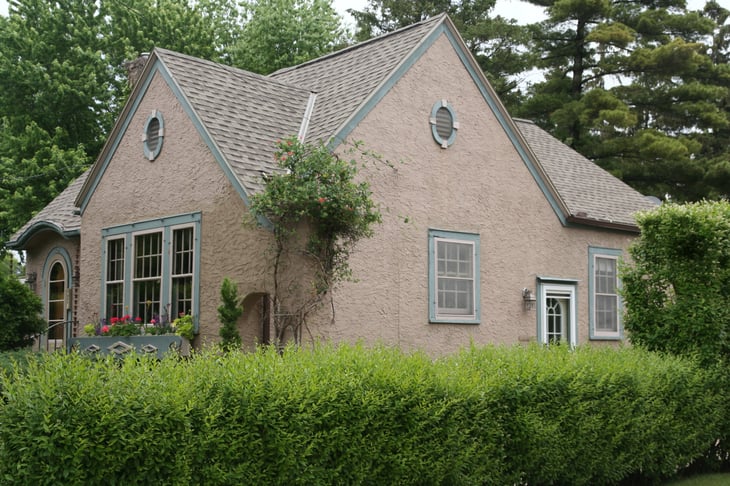
A home is the most valuable thing most of us will ever own, and it’s filled with costly possessions. Insurance covers the value of the building — including upgrades — and our belongings.
You’ve probably seen that the cost of insuring your home has jumped lately — at least in the places insurers aren’t running away from entirely. As we recently reported, rates in May 2023 were up an average of 21% compared to a year earlier.
All the more reason to make sure you’re saving every dollar you can. Here are some proven techniques to lower your cost of coverage, along with new technology that will make the process quick and easy.
1. Finding the best deal

The first thing you should do, especially if you already have a policy, is make sure you’re getting the best possible deal.
Comparing insurance companies these days is a snap. Just click on either (or both) of these new comparison tools. Both are unbiased, independent services that compare rates from lots of companies in one place, without a lot of manual input on your part and without annoying phone calls from agents.
Neither service costs a dime and both will shop your existing coverage in minutes. If you don’t yet have a policy, these sites will help you find the best deal. If you’d rather do the legwork yourself, the National Association of Insurance Commissioners can point you to your state’s website, from which you can get a list of all the insurance companies operating in your area.
And if you’re not happy with the prices you’re seeing, keep reading for some tips to slash them.
2. Join the club

As we report in “Want a Home Insurance Discount? Join Any of These 5 Groups,” certain memberships can open the door to discounts.
Every time you check rates, make sure you include any insurance companies partnered with groups you belong to. The potential savings could more than pay for your continued membership.
3. Increase your deductible

If you are willing to pay a relatively large amount of the cost to cover damages before insurance kicks in, your insurance will cost less — possibly substantially less — month to month.
For example, raising your deductible from $500 to $1,000 could slash your premium by 25%, according to the Insurance Information Institute. That’s a lot of savings, without taking on a lot of extra risk.
Afraid that you may not be able to afford the higher amount you would pay out of pocket in the event of an emergency? Beef up your emergency fund. That way, the money will be there when you need it.
4. Look into discounts on multiple policies

If you insure anything besides your home — such as a car — look into a multi-line discount. That’s a break that some insurers will give you if you buy multiple policies — such as homeowners insurance and auto insurance — from the same company.
5. Know what you’ll cover

You don’t necessarily need to insure a house for as much money as you paid for the property. That’s because the price you paid for your property includes the price of the land, not just your home.
In other words, you want sufficient insurance to cover the cost of rebuilding your home from scratch if it burns down or is blown off its foundation by a tornado. But your land can’t be incinerated into ashes or blown away, so you need not factor the value of your land into the cost of your homeowners insurance.
Just be careful: It is not unusual for homeowners to underinsure, and this isn’t a place to cut corners.
6. Ask about discounts

Although discounts vary by insurance company, you may qualify for price breaks if:
- Your home is equipped with a smoke detector or sprinkler system.
- Your home is protected by a burglar-alarm system or deadbolt locks.
- You have not filed a claim in a certain number of years.
- You don’t allow smoking inside your home.
- You are over a certain age.
Call your insurer to see what discounts might be available to you.
7. Report home improvements

Insurers like when you’re spending your own money on making your home safer. Be sure to notify yours any time you make upgrades — don’t wait until policy renewal.
Good candidates for lowering rates include improvements to your roof, plumbing, security, electrical or heating systems. It can also help when you make risk-appropriate improvements to your home, such as storm shutters or shatterproof glass in areas susceptible to hurricanes or tornadoes.
Some other home projects — adding a room, for instance — might work against you. Insurers may see them as more of your stuff they have to replace in a disaster.
8. Get rid of ‘attractive nuisances’

There’s a certain type of risk home insurers call “attractive nuisances.” Nationwide describes them as child magnets — things that are exciting for kids to play with, but also dangerous, and therefore a financial liability. Here are some examples from Progressive:
- Swimming pools, hot tubs, fountains and ponds
- Treehouses, trampolines and playground structures
- Power tools, including lawnmowers and chain saws
- Wells
- Tunnels
- Scaffolding and ladders
Think twice about having this stuff on your property, even if you don’t have kids of your own. If you already have an attractive nuisance you don’t want to get rid of, talk to your insurer to see what you can do. There may be ways to reduce risk and maybe lower your rate.
9. Get to know your agent

You know how local mechanics give you extra tips and service because they’ve gotten to know you through the years? Insurance agents have similar habits.
Your insurer may provide a discount on premiums if you have been with the company for several years. Although this incentive is enticing, it is still important to shop around annually to ensure you are getting the best price.
10. Value your possessions

Carry sufficient insurance coverage to cover the replacement cost of everything in your house, including items that increase in value over time. On the other hand, if you no longer own valuable diamond jewelry or an extensive collection of art or antiques, stop paying for the extra coverage.
An annual review of your policy is a good time to make sure your home inventory — including photos or a video of your possessions — is up-to-date and saved somewhere outside your home. For instance, save it in the cloud. Don’t have an inventory of your possessions? Check out “6 Steps to Creating a Home Inventory.”
11. Keep your credit score solid

If you have a poor credit score, you might be charged higher premiums or have a tougher time getting insurance coverage. If your credit has any room for improvement, check out “7 Ways to Boost Your Credit Score Fast.”
12. Factor home insurance into your homebuying process

It’s probably obvious that home insurance rates are affected by where you live in a general way. Rate searches start by asking for at least a ZIP code, after all.
But there are more specific ways location matters for home insurance, according to Insurance.com. It matters whether your home is classified as urban, suburban or rural, for instance. It also matters how far you are from a fire station and how far you are from a body of water.
There are other price factors you can’t really control except when buying a home, too: like how old it is, what materials were used and how big it is.





Add a Comment
Our Policy: We welcome relevant and respectful comments in order to foster healthy and informative discussions. All other comments may be removed. Comments with links are automatically held for moderation.